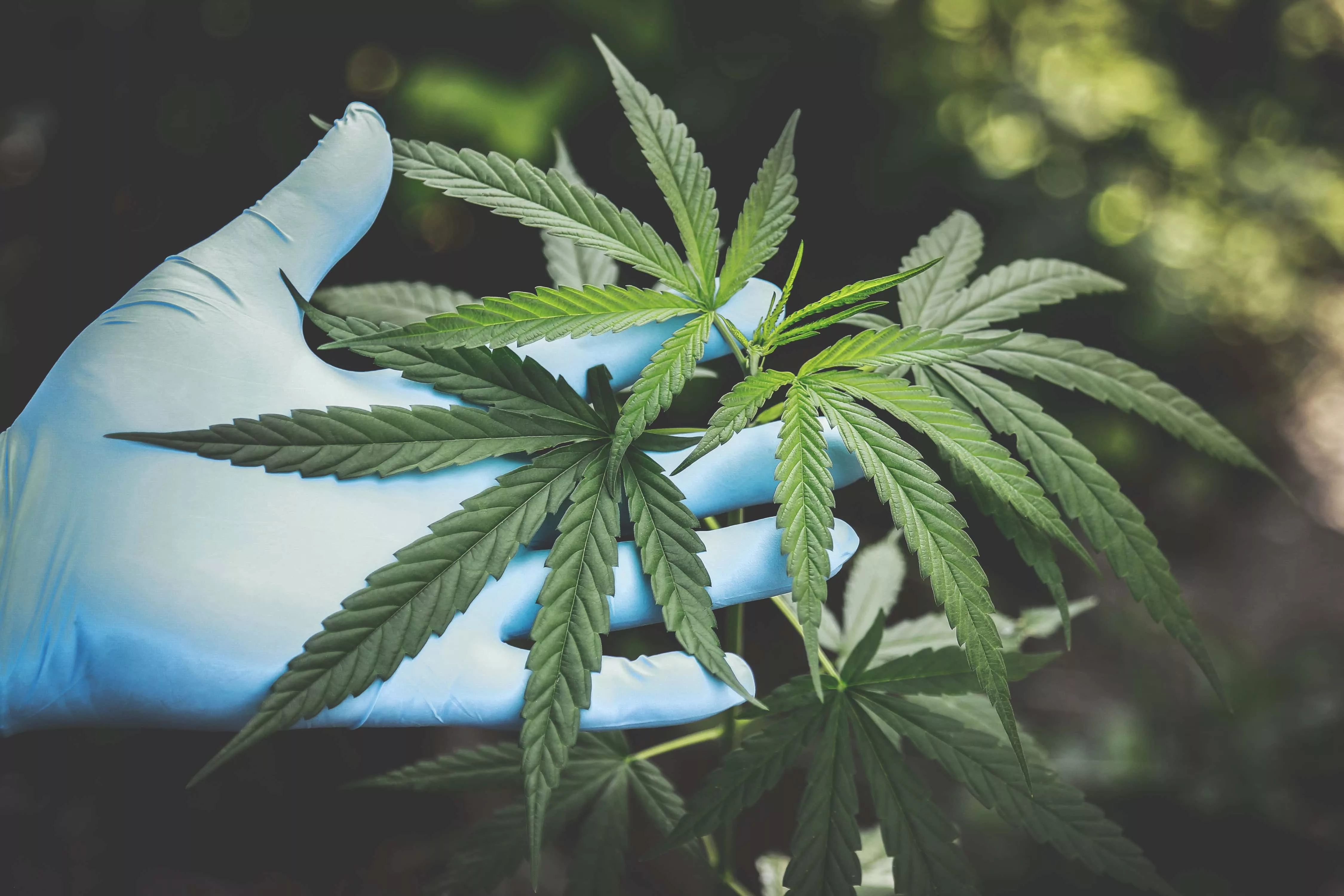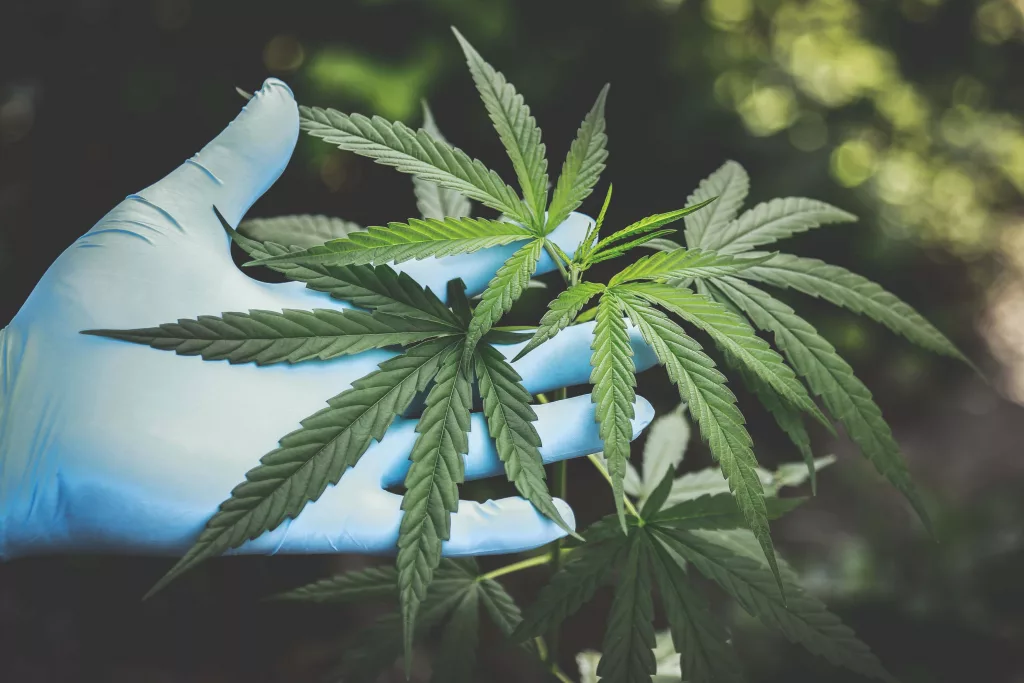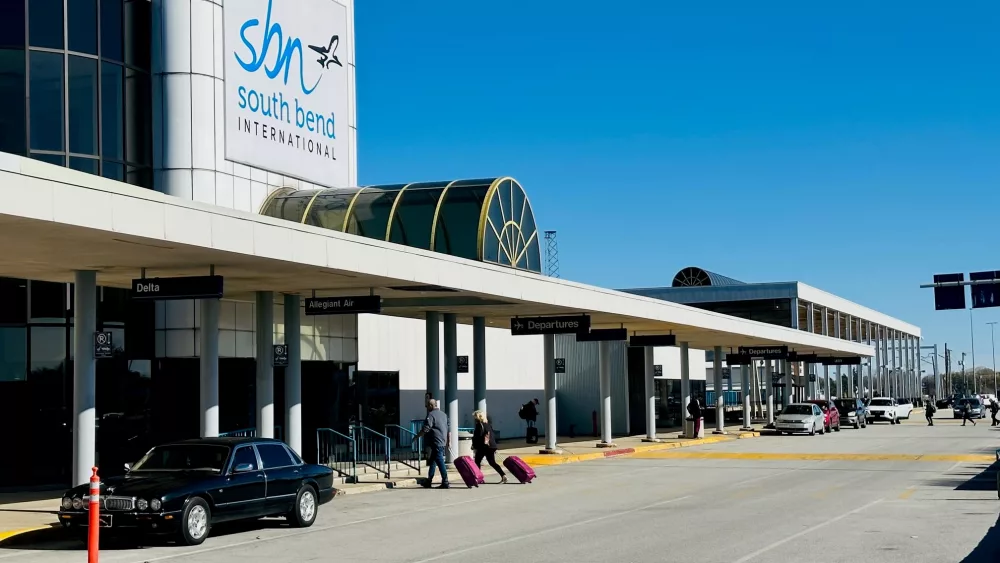
One of the major provisions of the bi-partisan 2026 Michigan state budget is a new 24% tax on cannibis at the wholesale level, with the new revenue channeled to road construction and repair. There is considerable speculation on the impact at many levels.
MoodyOnTheMarket.com utilized The AP (Associated Press) and our AI tools to produce this overview of the impact of the new cannabis tax.
Summary
The new 24% wholesale tax is expected to raise substantial road-funding revenue (~$420M/year) but also to materially raise retail prices, reduce legal-market sales (analysts estimate a double-digit drop), and put pressure on smaller growers/retailers — likely causing business closures, fewer new outlets, and some migration back to the illicit market. The law is already being legally challenged, which could affect timing and final outcomes. AP News+2WTOP News+2
Key impacts
Tax revenue
-
Estimated annual revenue: ≈ $420 million directed to road/bridge funding. This is the principal fiscal rationale cited by lawmakers.
Retail prices and consumer cost
-
The wholesale tax directly raises the cost producers/processors charge dispensaries; that cost will likely be passed on to consumers.
-
When combined with Michigan’s existing 10% retail excise tax and 6% sales tax, lawyer-analysts note the effective tax burden may be higher than 24% alone (one analysis indicates the mechanics may create an effective rate nearer ~32% on the wholesale leg). Expect noticeably higher shelf prices. Dickinson Wright+1
Sales (dollar volume)
-
The Michigan Senate Fiscal Agency and independent commentators projected a significant drop in legal-market sales — a cited estimate is about a 14.4% decline in sales volume after the tax is imposed (consumers respond to higher prices). That decline would reduce some of the projected gains from the new tax.
Consumption (public-health / usage)
-
Higher legal prices will likely reduce some legal-market consumption (price elasticity), especially discretionary/occasional purchases.
-
However, substitution to lower-cost illicit product could blunt measured decreases in overall consumption (i.e., reported legal sales drop, but total usage may fall less). Industry sources warn of black-market re-entry.
Cannabis industry jobs
-
Downward pressure on legal sales/retail margins increases risk of retailer, processor, and grower layoffs, especially among smaller, non-integrated businesses that can’t absorb the cost or vertically integrate. Several local business owners and labor sources warned of job losses; precise statewide job-loss estimates are not yet available.
Number of sales outlets / market structure
-
Smaller dispensaries and independent growers (thin margins, reliant on outside supply) are most vulnerable — expect closures and fewer new license openings in the near term. Observers predict larger, vertically integrated multi-state operators (MSOs) will be better positioned to absorb or pass through costs, accelerating industry consolidation.
Illicit market / cross-border effects
-
Industry groups and local operators warn the tax may drive shoppers back to the illicit market or out-of-state purchases where price differentials exist, undercutting legal-market revenue and public-safety/regulatory goals. This is a central concern in industry reaction.
Investment & financing
-
The higher tax and uncertainty (including a pending lawsuit) make Michigan a less attractive investment market in the short term — slowing expansion, delaying capital projects, and potentially increasing borrowing costs for operators. MJBizDaily+1
Legal & implementation uncertainty
-
Industry groups have already filed lawsuits claiming constitutional problems with how the tax was added; litigation may delay enforcement or produce legislative changes. That legal uncertainty complicates business planning and may temporarily mute some immediate impacts. MJBizDaily+1
Net fiscal effect caveat
-
Although the headline $420M figure is large, the net revenue gain depends on behavioral responses (reduced legal sales, increased illicit market) and how businesses reprice or absorb the tax. Early fiscal estimates already account for some elasticity, but real-world results could differ.
Bottom line
The 24% wholesale tax will likely raise substantial state revenue for roads but at near-term cost to legal-market sales, small businesses, jobs, and the number of retail outlets — with a heightened risk of growth in the illicit market and accelerated industry consolidation; ongoing litigation adds uncertainty.






